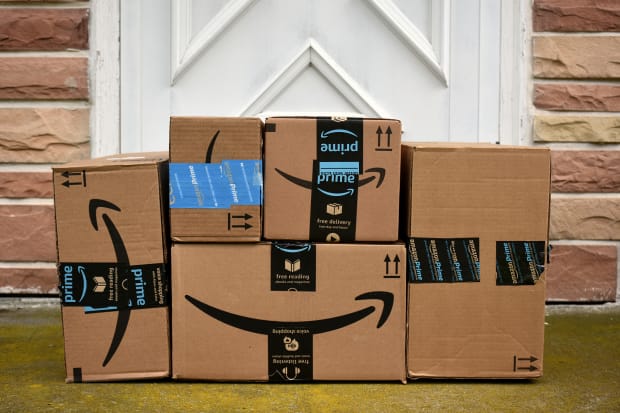The high cost of gasoline and rising inflation have been taking a bite out of the bottom line of delivery and transportation businesses since Russia's invasion of Ukraine on Feb. 24.
Several companies have already implemented fuel surcharges to defray the rising cost of gas, which had a national average of $4.08 per gallon of regular gas on April 16, according to AAA. The average price of gasoline has come down some after hitting a high of $4.33 a gallon on March 11.

Some Companies Pass Higher Costs to Consumers
Ride-sharing company Uber Technologies (UBER) added a fuel surcharge on March 16 of either 45 cents or 55 cents on each trip and either 35 cents or 45 cents on each Uber Eats order, depending on the location with 100% of that money being paid to the drivers.
Lyft (LYFT), Uber's ride-sharing competitor, also on March 16 began adding a surcharge of 55 cents on all of its trips. Both Uber and Lyft's surcharges are in effect until May 15 and do not apply to New York City, since the city raised the minimum earnings rate for drivers by 5.3% in March.
Grocery delivery company Instacart on March 18 added a 40-cent surcharge "help offset the increased cost of gas over the next month."
The higher cost of fuel and rising labor costs have begun to take a toll on e-commerce goliath Amazon (AMZN), which the company has not addressed until now. The company decided not to pass the higher inflation and fuel costs directly to consumers but instead plans to add a surcharge on its third-party seller partners. It's only a matter of time before merchants pass those surcharges onto consumers, though.
Amazon Sends a Message to Its Seller Partners
Amazon on April 13 reportedly sent merchants a message that it will add a fuel and inflation surcharge of about 5% to existing fees it charges third-party sellers that use its fulfillment services beginning April 28, according to a CNBC report.
“The surcharge will apply to all product types, such as non-apparel, apparel, dangerous goods, and Small and Light items,” the message said.
"We have experienced significant cost increases and absorbed them, wherever possible, to reduce the impact on our selling partners," the message said according to Reuters. "In 2022, we expected a return to normalcy as COVID-19 restrictions around the world eased, but fuel and inflation have presented further challenges."
Amazon charges users of its fulfillment services to store and ship their products. The company will charge an average 24 cents per unit. The charge is less than the 42-cent surcharge UPS charges and the 49-cent surcharge FedEx collects, CNBC reported.
.







